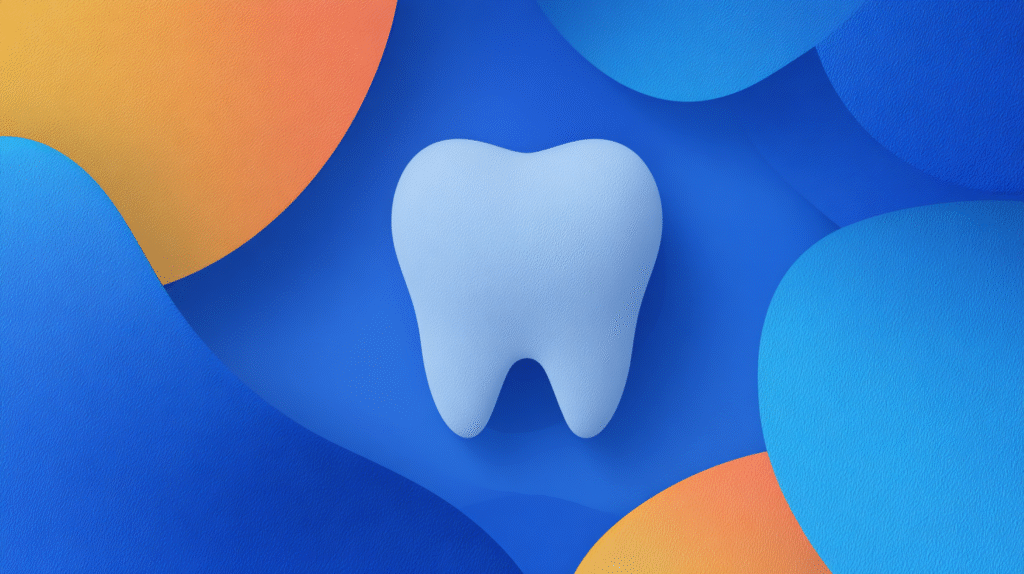In recent years, the proliferation of cyberattacks has reached alarming levels, particularly with the emergence of AI-driven threats. For dental service organizations (DSOs) and dental professionals operating in the United States, safeguarding sensitive patient information is paramount. This article delves into the intricate landscape of cybersecurity challenges faced by dental practices, emphasizing the urgency of adopting robust cybersecurity measures. With a focus on AI-driven cyberattacks and actionable strategies, we aim to equip dental professionals with essential knowledge to protect their practices.
Cybersecurity: A Rising Concern in the Dental Industry
As dental practices increasingly integrate technology into their operations—from electronic health records (EHR) systems to patient management software—the risk of cyber threats has escalated. According to the American Dental Association, nearly 50% of dental practices experienced some form of cyber incident in the past two years. While traditional cyber threats like phishing and ransomware continue to pose risks, the advent of AI has transformed the landscape, making attacks more sophisticated and harder to detect.
What Are AI-Driven Cyberattacks?
AI-driven cyberattacks exploit artificial intelligence and machine learning algorithms to enhance the efficiency and effectiveness of malicious operations. These attacks can identify vulnerabilities much faster than traditional methods, allowing cybercriminals to launch more targeted and damaging assaults. Understanding how these attacks operate is crucial for dental professionals seeking to bolster their cybersecurity posture.
- Automated Threat Detection: AI can rapidly analyze system behaviors, identifying anomalies that signify potential breaches.
- Phishing Attacks: AI systems can generate highly personalized phishing emails, making it challenging for recipients to distinguish legitimate communications from fraudulent ones.
- Data Scraping: AI can extract sensitive information from unsecured databases or websites, increasing the risk of data breaches.
Key Challenges Faced by Dental Practices
The dental industry is particularly susceptible to unique challenges when it comes to cybersecurity. Here are some of the most pressing issues:
- Inadequate Awareness: Many dental professionals lack comprehensive knowledge about current cybersecurity threats, especially those related to AI.
- Resource Limitations: Smaller practices often struggle to allocate sufficient budgets for cybersecurity measures.
- Compliance Standards: Navigating the myriad of regulations, such as HIPAA, while implementing security measures can be daunting.
How AI Is Making Cyberattacks More Sophisticated
AI systems are revolutionizing the way cyber threats are executed. Understanding these mechanics can help practices proactively defend against potential attacks.
- Adaptive Learning: AI-driven malware can learn from its environment, adapting its tactics to evade detection by security systems.
- Speed and Efficiency: The speed at which AI can operate far surpasses human capabilities, allowing attackers to execute simultaneous attacks across multiple fronts.
- Predictive Modeling: By analyzing vast amounts of data, AI can predict where vulnerabilities are most likely to exist, allowing targeted attacks.
Proactive Measures for Dental Practices
To combat the growing threat of AI-driven cyberattacks, dental practices must adopt a proactive stance. Here are essential steps that can help safeguard sensitive patient information:
- Conduct Regular Risk Assessments: Regularly evaluate your IT infrastructure to identify vulnerabilities. Partnering with cybersecurity experts can provide clarity and direction.
- Implement Multi-Factor Authentication (MFA): This additional layer of security can significantly reduce unauthorized access risks.
- Invest in cybersecurity Training: Continuous training for all staff members on recognizing cyber threats, especially phishing attempts, is vital.
- Update Software Regularly: Keeping all software updated ensures that known vulnerabilities are patched promptly.
- Utilize Data Encryption: Encrypting sensitive patient data can protect it from unauthorized access even if it is compromised.
- Develop an Incident Response Plan: In the event of a cybersecurity breach, a well-structured response plan can mitigate damages and ensure compliance with regulations.
The Role of Advanced Cybersecurity Solutions
Investing in advanced cybersecurity solutions tailored to the needs of dental practices is critical. Here are a few types of solutions to consider:
- AI-Powered Security Tools: Solutions that utilize AI can provide real-time threat detection and response, making them invaluable in combating AI-driven threats.
- Firewall and Intrusion Prevention Systems: Robust firewalls can shield your network from unauthorized access, while intrusion prevention systems can identify and respond to threats before they cause damage.
- Cloud Security Solutions: As many dental practices transition to cloud-based systems, implementing cloud security measures ensures data remains protected in remote environments.
Who Is Responsible for Cybersecurity in Dental Practices?
Cybersecurity is a collective responsibility that involves everyone in the dental practice, from administrative staff to clinical practitioners. Establishing a clear protocol detailing roles and responsibilities can improve defenses significantly. Regular training sessions, with updates on the latest threats and response strategies, will empower all staff members to contribute to a secure practice environment.
Conclusion: Take Action Now
As we delve deeper into the digital era, the threats posed by AI-driven cyberattacks will only increase. Dental professionals must prioritize cybersecurity to protect sensitive patient data and maintain trust. By understanding the complexities of these threats and implementing effective security measures, dental practices can safeguard themselves against the evolving landscape of cyber threats.
Now is the time to invest in advanced cybersecurity measures. Don’t wait for a breach to occur; take proactive steps today to ensure your practice is secure. Speak with our experts at the Pulivarthi Group for tailored cybersecurity solutions that can protect your dental practice from the rising tide of AI-driven cyberattacks.







